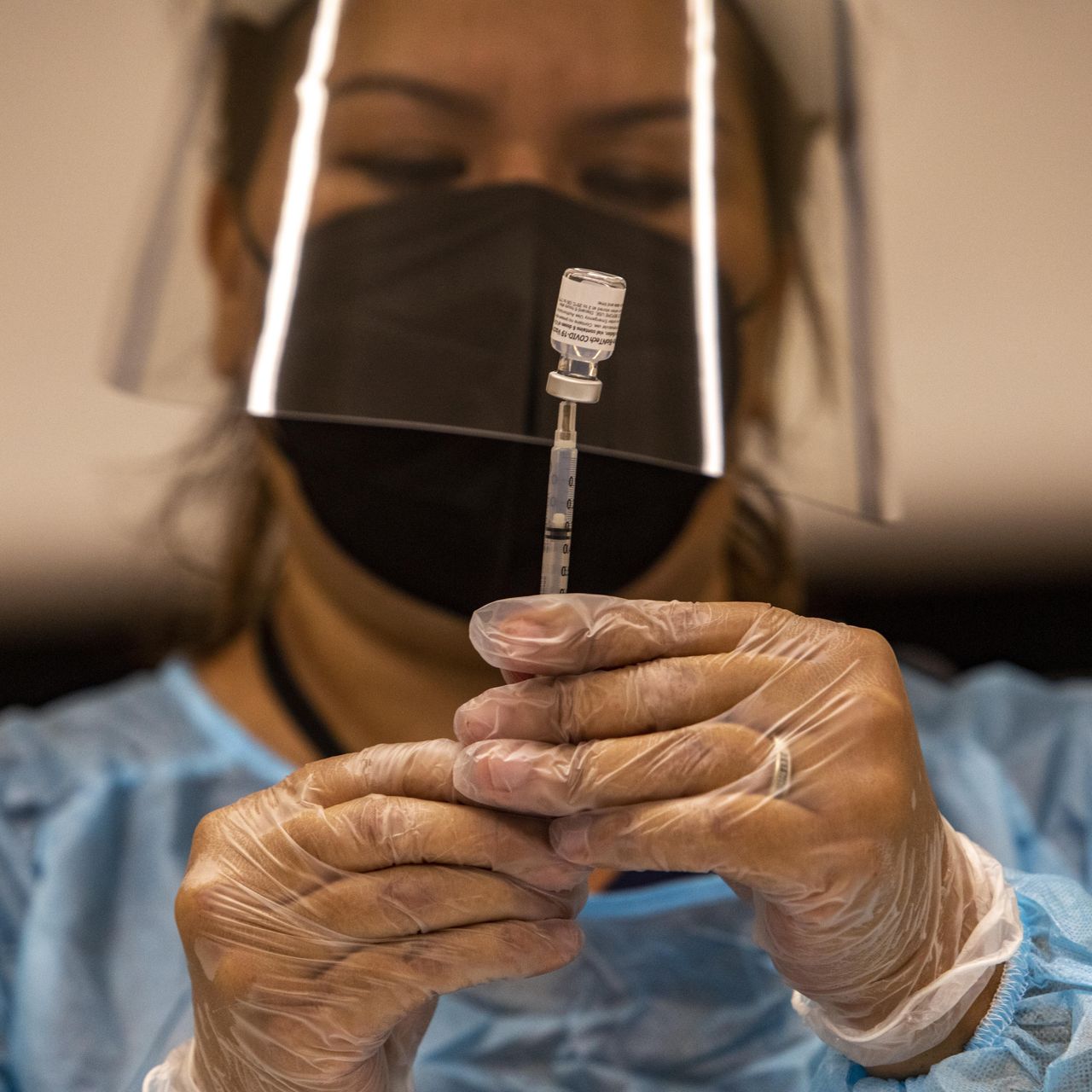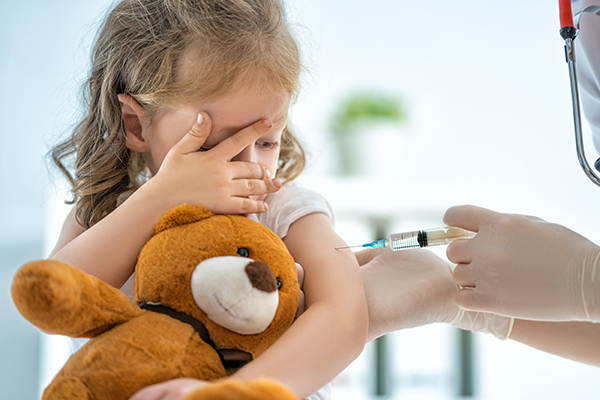It seems that surviving COVID-19 is the gift that keeps on giving, like a never-ending subscription to health issues. Who would’ve thought that the virus was offering lifetime access to its exclusive club of long-term consequences? So, if you ever find yourself missing the days of endless Zoom calls, quarantine snacks, and endless hand sanitizer, don’t worry—COVID-19 is here to remind you of a lingering cough or a sudden bout of fatigue. Cheers to the “gift” that keeps on giving!
The COVID-19 pandemic has left an indelible mark on the world, with most of us experiencing its effects in one way or another. New research now raises an alarming concern: If you’ve had COVID-19 in the last two years, you may still be at risk of serious health consequences. In this article, we’ll delve into the findings of this urgent study and explore the implications it has for individuals who’ve previously been infected.
The Lingering Risk: Recent research reveals a startling revelation – individuals who have contracted COVID-19 may face an increased risk of death for up to two years after their initial infection. While the majority of the UK population has had at least one encounter with the virus since the pandemic began, many have had multiple infections. This begs the question: What is the true extent of the long-term health risks?
Key Findings from the Study: The study, published in Nature Medicine, conducted a thorough analysis of nearly 140,000 US veterans diagnosed with COVID-19 during the early stages of the pandemic. These findings were then compared against a control group of almost six million individuals who were not known to have contracted the virus. It’s worth noting that the veteran population tends to be predominantly male and older.
Subheading 1: The Persistent Threat to Hospitalized Patients For those who were hospitalized with COVID-19, the study’s results are particularly sobering. Even up to two years after their initial infection, these individuals continue to face a significantly elevated risk of death. Furthermore, they are at a heightened risk of developing severe health issues such as lung disease, diabetes, and the persistent and debilitating effects of long-term COVID-19. While the risk of death does decrease after the two-year mark, the specter of long-term consequences remains.
Subheading 2: Non-Hospitalized Individuals Aren’t Immune Non-hospitalized patients, however, do not escape unscathed. The study underscores that, within just six months of their infection, the risk of death for this group is no longer statistically significant. Nevertheless, this does not mean they are free from health concerns. They remain at risk for over 20 medical conditions, including cardiovascular problems, blood clotting disorders, diabetes, gastrointestinal issues, and kidney disorders.
The Resounding Message: Dr. Ziyad Al-Aly, an epidemiologist from Washington University and one of the study’s authors, delivers a stark message: “A lot of people think, ‘I got COVID-19, I got over it, and I’m fine. Maybe you’ve forgotten about the virus…but the virus did not forget about you. It’s still wreaking havoc in your body.”
The Ongoing Battle: These findings come at a time when a new COVID-19 variant, BA2.86, has emerged and is causing an uptick in cases. This variant follows closely on the heels of the EG5.1, or ‘Eris’ variant. Eris currently accounts for approximately 15 percent of all UK cases, according to data from UK Health Security. In a one-week period from August 6 to August 12, England recorded a 17.4 percent increase in confirmed positive test results compared to the preceding week. Experts speculate that this surge may be linked to poor weather in July, prompting people to gather indoors without proper ventilation.
Conclusion: In light of these concerning revelations, it’s imperative that individuals who have had COVID-19 remain vigilant about their health, even years after their initial infection. Monitoring for symptoms and seeking medical advice when necessary is essential. As the virus continues to evolve, staying informed and following public health guidelines remains our best defense against its lasting impact.










